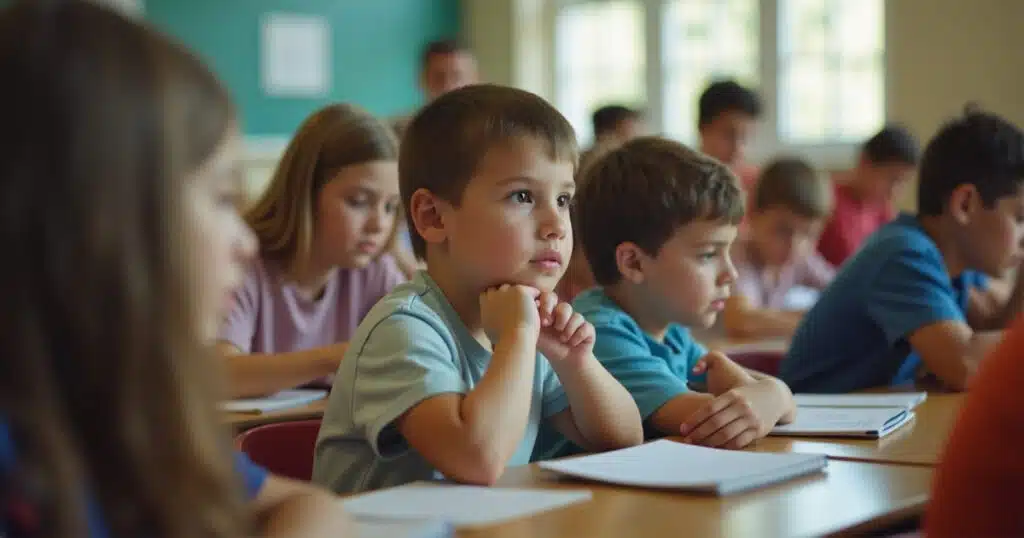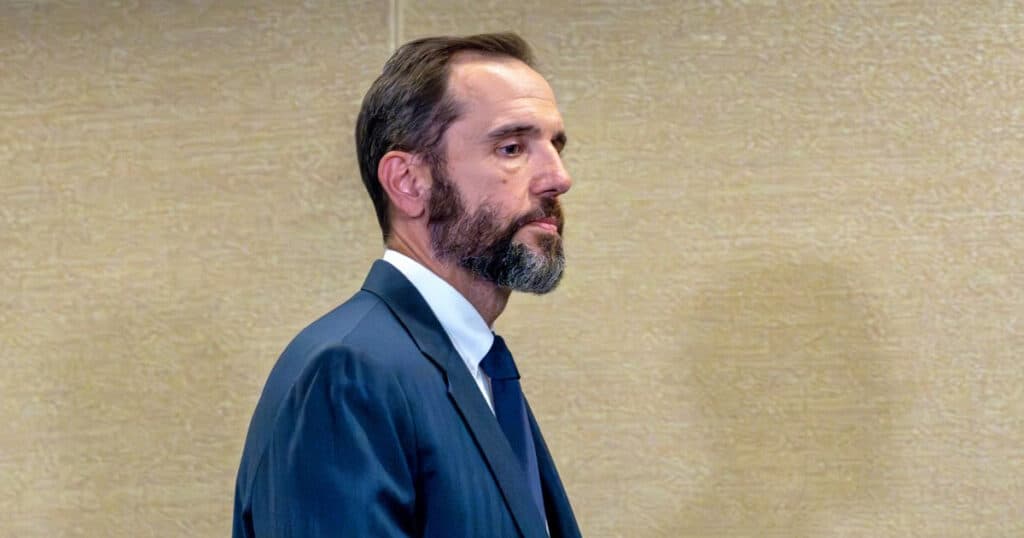
Supreme Court to Hear Maryland Parents’ Plea to Opt Kids Out of LGBTQ+ Indoctrination in Public Schools
Raising a child means guiding their values, nurturing their spirit, and preparing them for life’s challenges. It’s a profound duty, one that parents hold dear. Yet, a Montgomery County, Maryland, school board policy is undermining this role, requiring young children to read LGBTQ-themed storybooks without giving parents the chance to opt out or even be notified.
On Tuesday, April 22, 2025, the Supreme Court will take up Mahmoud v. Taylor, a case that could decide whether parents retain the right to shape their children’s moral education or if schools can override them in the name of ideology.
This isn’t about fostering acceptance—it’s about eroding the freedoms of families.
Since 2022, Montgomery County schools have used books like “Pride Puppy!” and “Born Ready” for children as young as 3. These aren’t simple stories about kindness. They introduce complex ideas—gender transitions, Pride events, pronoun choices—that often conflict with the religious and cultural values of diverse families.
Initially, the school board promised parental notification and opt-outs, but in March 2023, it eliminated these options, leaving parents like Tamer Mahmoud, a Muslim father, with an impossible choice: expose their kids to material they find inappropriate or leave public schools.
Supporters of the policy argue it promotes inclusivity, but true inclusion respects differences, not silences them. These books don’t just “teach tolerance”; they advocate a worldview that embraces “nonbinary” identities and gender fluidity, often ignoring whether young children can process such ideas.
When these ideas are presented in the context of “being inclusive,” it means children are inherently pressured not to examine or think critically about these notions but to embrace them.
Studies, like those from the American Academy of Pediatrics, suggest a child’s sense of self develops well into adolescence. Pushing these topics on preschoolers and elementary students can sow confusion rather than clarity. Parents aren’t demanding censorship—they’re asking for the right to decide what’s suitable for their own children. To deny that is to prioritize ideology over family.
Consider a 5-year-old, still learning to read, being asked to identify “leather” or “drag queens” in “Pride Puppy!”. A parent, grounded in their faith’s teachings about family and identity, raises concerns. Under this policy, their perspective is ignored, their values labeled irrelevant. Worse, school board members have suggested that allowing opt-outs encourages “hate,” casting sincere beliefs as prejudice. This isn’t a conversation—it’s an accusation.
Adding to the frustration, older students can skip sex education, but younger ones are locked into this curriculum. The inconsistency reveals the board’s true aim: advancing an agenda, not serving students.
Parenting isn’t about control—it’s about responsibility. Mothers and fathers know their children’s needs, their sensitivities, and their stages of growth. They’re not barriers to progress; they’re the best advocates for their kids’ well-being.
Mahmoud v. Taylor asks whether the First Amendment’s guarantee of religious freedom still shields this sacred role or if schools can bypass it for the sake of “inclusivity.” The 4th U.S. Circuit Court of Appeal’s 2024 decision, which sided with the school board, claimed parents aren’t being forced to change their beliefs. But when children are required to engage with ideas that contradict their family’s faith, the pressure is real—and it targets the most impressionable.
This case extends beyond Maryland. If schools can impose controversial teachings without parental input, no boundaries remain. Today, it’s gender and sexuality; tomorrow, it could be any doctrine deemed essential. Most states protect opt-out rights for certain curricula, making Montgomery County’s policy an outlier, defying reason and tradition. The Supreme Court has a chance to affirm that parents, not administrators, guide their children’s moral paths.
Far from building unity, this policy drives a wedge between schools and the families they serve. Parents aren’t adversaries—they’re partners, striving to protect their children’s hearts and their own constitutional rights. The Supreme Court must act to halt this overstep. Our children’s futures—and our liberties—hang in the balance.



